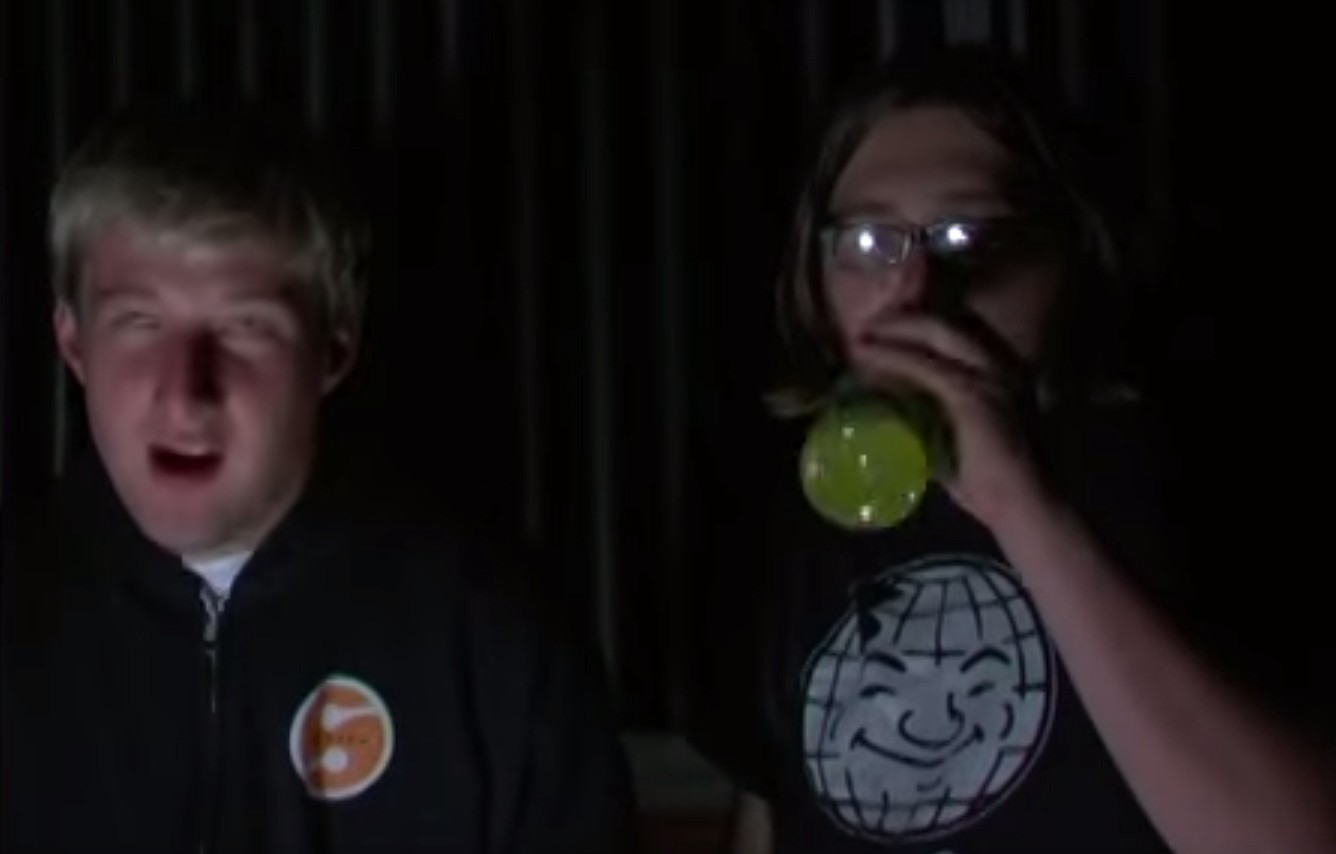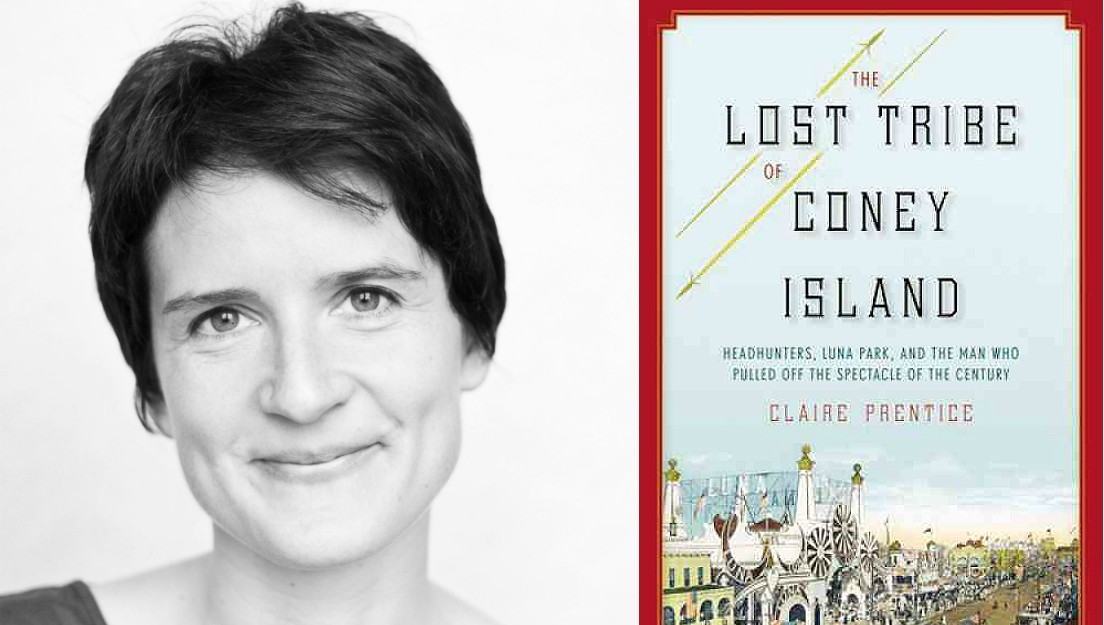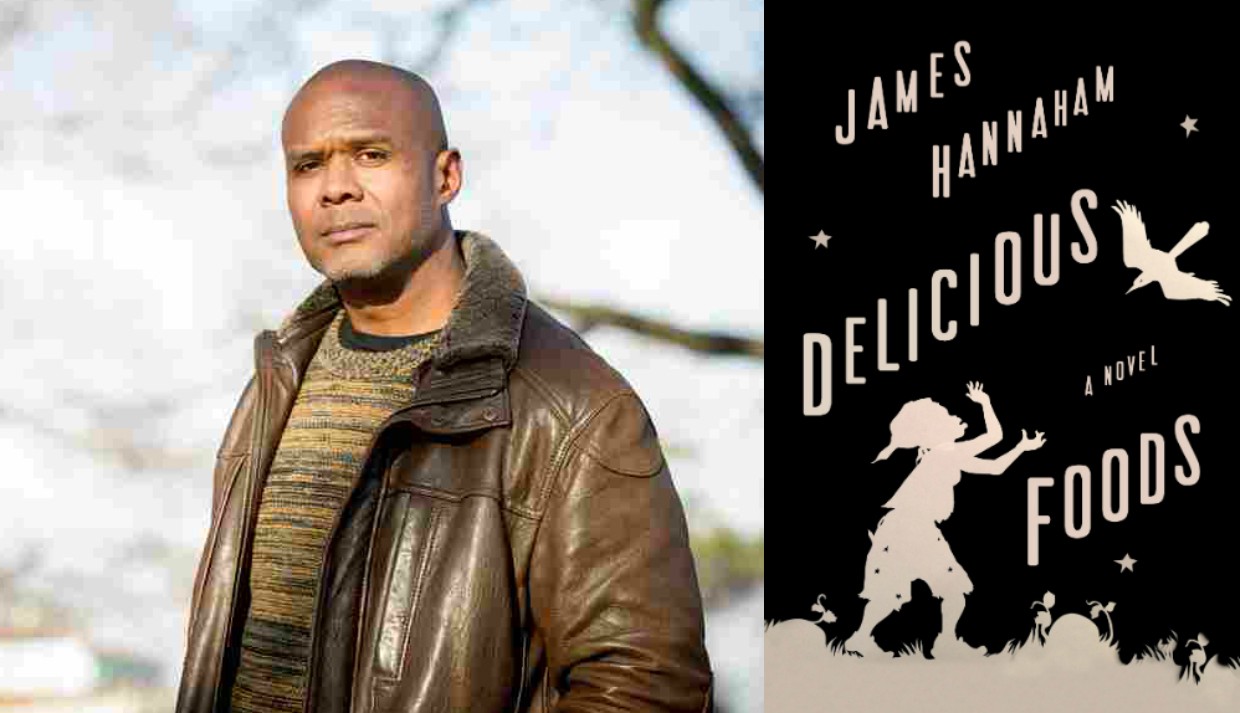Interviews
Catching Up With The Eagles Prize Finalists: Kent Russell, Author Of I Am Sorry to Think I Have…
C

This fall marks the inaugural award of the Brooklyn Public Library’s Eagles Prize, recognizing “the best books of the past year and the authors who most embody Brooklyn’s ideals.” Nominations were made by the borough’s bookstores, librarians, and library supporters. The Library announced a shortlist of six authors–three for fiction, three for non-fiction–over the summer. The winners, chosen by a panel of local authors, will be announced later this month. In the lead-up to the announcement, we decided to ask the finalists a few questions.
Next up: Kent Russell, Brooklyn resident and author of I Am Sorry to Think I Have Raised a Timid Son (Knopf 2015).
Dan Sheehan: I Am Sorry to Think I Have Raised a Timid Son is a wonderful mix of memoir and reportage, blending dispatches from the margins of American society with intensely personal vignettes of your own relationship with your father. How did you decide upon this hybrid structure?
Kent Russell: For me, it wasn’t novels or short stories or poems; it was the essay that first transported me as a reader, that first made me want to write. I was something of a literary goldbricker in my adolescence, preferring video games and light beer to books. As a quasi-adult, though, I came across David Foster Wallace, John Jeremiah Sullivan, Joan Didion, James Baldwin — as well as your more experimental fringe-dudes like Ander Monson and John D’Agata. (And of course your OGs like Montaigne and Hazlitt). Late at night, I would wander the University of Florida’s Smathers Library, plucking essay collections at random, falling in love with each persona/voice in turn. I hadn’t known that this was possible, that you could try to make sense of your world while simultaneously communing brain-2-brain with someone else.
…that is what you’re selling, ultimately, as an essayist: not necessarily your self, but the rigor or joy or humor communicated by your persona on the page.
But, yeah, what I came to realize about many such collections — they read like victory laps, or greatest hits compendiums. There’s nothing inherently wrong with that, of course. It’s always fun to watch a particular eye or filter or sensibility go from, say, a three-day Christian rock festival to a fine-tooth appraisal of Michael Jackson’s oeuvre. And that is what you’re selling, ultimately, as an essayist: not necessarily your self, but the rigor or joy or humor communicated by your persona on the page.
With my stuff — and I don’t mean to be tooting my own horn here — I felt as though there was a through-line or compulsion to everything I was writing about, everything I was investigating. That through-line was, basically: Why am I the way I am? Why is our family the way it is? Why are dudes — especially white American dudes — like this? The essays were symptoms of an underlying pathology that I recognized as having been passed down to me. The only way I could get to the bottom of it was to look inward, at my own background and my own upbringing.
DS: I’m gonna go out on a limb and say that the Gathering of the Juggalos [an annual festival for fans of the band Insane Clown Posse and their affiliated acts] was the least pleasant of all the off-the-beaten-track places you found yourself documenting. It sounds like hell on earth. How did you reconcile the initial desire to present a more nuanced, even-handed depiction of this reviled sub-group, with the reality of the (predominantly) obnoxious, aggressive, all-round shitty behaviour on display.
KR: I mean, the Gathering definitely looks more fun and less harrowing in hindsight. A lot of the sharpness — the edge there that seemed pointed and threatening in the moment — has been smudged with the thumb of time!
But, really, the big impetus for that story was a memory from my early childhood. After Hurricane Andrew wiped out our house, my sisters and I went to live with our cousins in New Castle, PA for a while. And New Castle was just a completely different world for a kid from South Florida. Pretty much everyone there was white, for one thing. For another, there was this Rust-Belt depression, economic and otherwise, that seemed to have covered everything like ash from an eruption. But there were also these kids in the neighborhood who were getting really into this new duo, Insane Clown Posse. And, years later, when I rediscovered ICP and the Gathering of the Juggalos, I thought: You know, there but for the grace of God went I. Had my mother’s family not moved out of New Castle, perhaps some form of me would’ve grown up there and become a juggalo.
I suppose it’s easier to sympathize with any strange faction or subculture when you can so easily picture yourself or a family member in their shoes.
DS: Throughout the book — in both the quieter personal essays and the more outlandish, gonzo pieces — you interrogate various different aspects of American masculinity. Earlier this year, in an interview for Salon, you wrote of some of the more extreme encounters: “…in meeting these men, in living with them, in thinking and writing about them, I was, in a way, trying to extract a little bit of their many poisons. I was trying to inject them into myself, and–one hopes–develop a resistance in my blood that others might be able to draw from.” Looking back, do you think that there was any wisdom to be gleaned from the maxims of these castaways, self-immunisers, and aged hockey enforcers, or were their assertions simply the echoed voices of men who had long ago succumbed to their own poisons?
KR: Oh, man, yes. There are for sure things to be learned from these dudes!
Which is not to say that it’s a good worldview and way of being that these dudes espouse and inhabit. But theirs is certainly a living tradition. I mean, shit, we Americans are all Cartesians without having to read Descartes, as Tocqueville famously said. That is, we believe we’re supposed to put aside any knowledge or custom that has the scent of anyone else on it, the taint of outside authority, in order to become our true selves. It’s considered lazy, cowardly, immature, or worse to rely on anyone else in this imagined ethos of ours. As Emerson wrote in “Self-Reliance”: “Society everywhere is in conspiracy against the manhood of every one of its members.” The American, in the words of Whitman, “walks at his ease through and out of that custom or precedent or authority that suits him not.”
Thus the ideal American man has forever been this dude who: owes nothing to nobody; who expects nothing from anyone else; who always conceives of himself as standing alone; who is more or less required to imagine that the whole of his destiny lies in his hands; who believes that joy is the feeling of his power increasing. This dude is supposed to be forever thrown back upon himself, alone, confined entirely within the solitude of his own heart.
Of course, no one outside of myth, fiction, or Hollywood is truly like that dude. Nor should anyone want to be like that dude. That dude is a sociopath.
Of course, no one outside of myth, fiction, or Hollywood is truly like that dude. Nor should anyone want to be like that dude. That dude is a sociopath. That dude is trying to live at odds with basic human truths. That dude cannot tolerate the complex demands of other people; his “interpersonal relationships” are instances of him sizing someone up and breaking off from them what he needs or can use. That dude is bound to become depressed and/or shamed, insofar as depression and/or shame are illnesses in which one feels as though one is constantly failing. Failing to measure up; failing to become the dude that one feels obliged to be. That this depressed and/or shamed dude of ours has ready access firearms…well, that’s a discussion for another day.
DS: You write beautifully about the shared experience of war, through which your grandfather, father, and childhood best friend — three generations of military men — form a bond that you can bear witness to but never truly be a part of. How did your view of the military life change during the War on Terror period?
KR: When I was a kid, I thought that I’d grow up to be either a soldier or a priest, as those were the two vocations most respected by my father and mother, respectively. There’s still a substantial part of me that believes I sidestepped my duty by not enlisting. In the book, I explain: My family has a tradition of military service that stretches back to the Revolutionary War. It’s something which my father said was expected of us — expected of me — regardless of politics or public opinion. You give thanks for your incredible privilege of being born here by giving yourself over to that here, for a few years at least.
Now, I did not wind up in any branch of the service. Part of that was my dad’s doing, but the vast majority of it was my own. And, as a result, my best friend/de-facto brother served in my place. That’s just something I have to live with.
DS: Do you have a secret passion project you’ve been sitting on? A person or group that — if time, energy and access permitted — you would love to profile?
Falconers, man. To have, like, a familiar on your arm? Just fantastic.
KR: I’m not saying that we came up with the idea for H Is For Hawk. It’s just: Once upon a 2008, my sister Karen and I approached a falconer at the Ft. Tryon Park Renaissance Faire. We pleaded with him to let us write about the affinity between him and his bird. Like, for weeks we pleaded with this man. Inordinate pleading. Embarrassing pleading. Guy stopped answering our emails and returning our calls. I think I might have written him a last-ditch message via MySpace, for Christ’s sake. (I think he was also some kind of party magician??) I’m still kind of peeved that that one got away. Falconers, man. To have, like, a familiar on your arm? Just fantastic.









